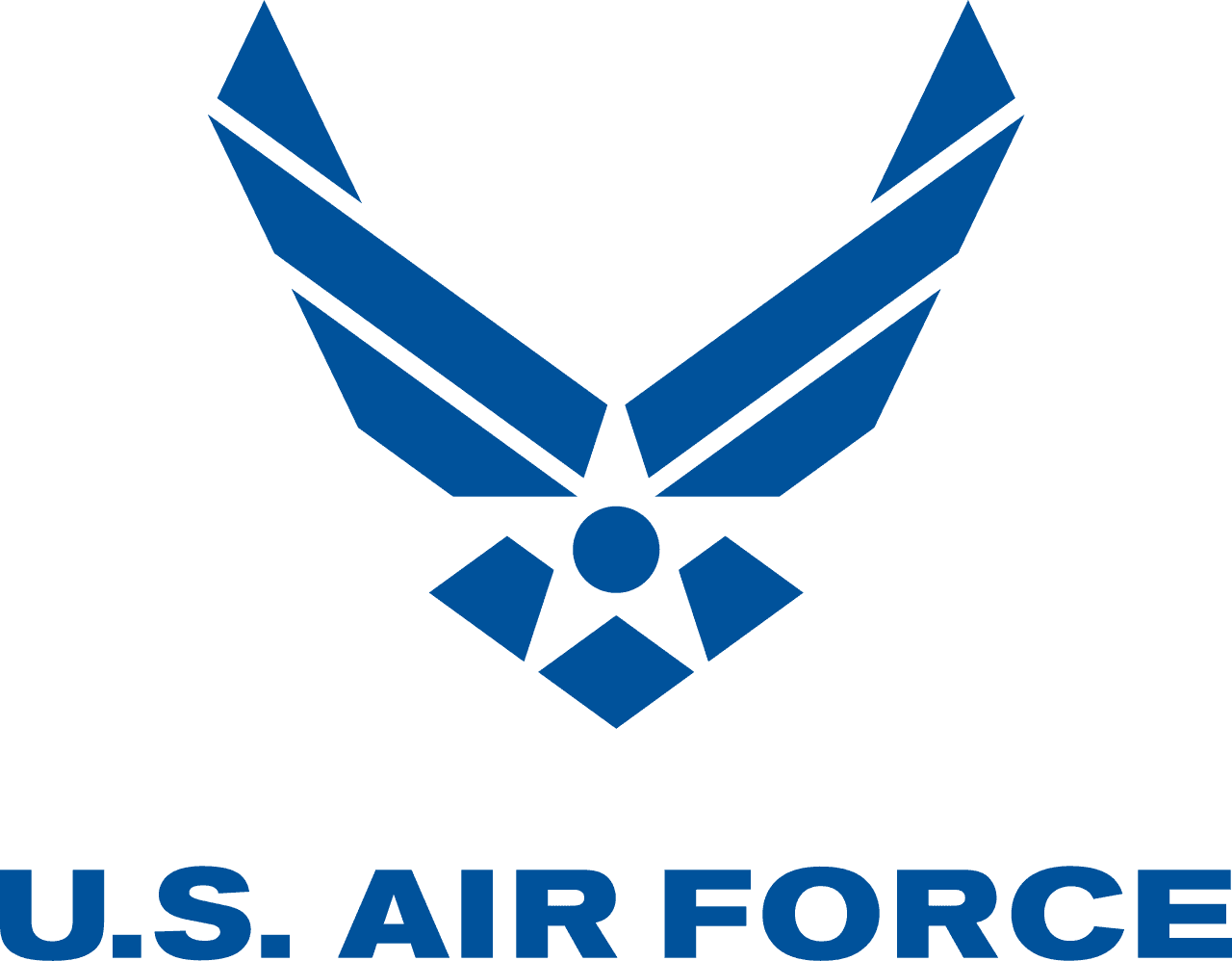Military Search and Rescue Operations Officers
Overview
What are the responsibilities of this role?
Search and rescue operations officers are responsible for organizing and leading rescue missions to support personnel in distress. They direct and participate in Survival, Evasion, Resistance, and Escape (SERE) operations. These officers possess core survival skills, such as swimming/diving and medical aid skills, and train, develop, and assess these skills in other personnel.
What is the work environment like?
Search and rescue operations officers work on vessels or aircraft. They perform missions in all types of weather and may be subjected to noisy environments. They may work outdoors when directing emergency response teams.
How many people have this role in the Military?
11,956
Compensation
Understanding How Military Pay is More Than Just a Salary
Base pay is the standard income you’ll earn as a service member, providing a stable foundation to start achieving your financial goals.
- Always fixed based on rank and service time.
- Distributed monthly.
What is the typical salary range?
$68,393
$93,051
$137,026
Military Details
What Service Branches offer this role?
Is this a staff or leadership role?
What does the training for this role entail?
Like other officers, search and rescue operations officers complete a comprehensive training program covering responsibilities, military structure and etiquette, traditions, and leadership development. Additional training consists of classroom and field training. Job-specific training may include:
- Aircraft operating procedures
- Piloting and use of air navigation equipment
- Piloting and navigation of ships
- Interpretation of maritime laws and policies
- Meteorology
- Paramedical skills and procedures
- Air weapons, operations, communications, engineering, deck, administration, or supply
Education
What level of education do professionals in this role have?
Which college majors best prepare you for this role?
- Environmental/Natural Resources Law Enforcement and Protective Services
Learn About How Military Can Pay for 100% of your College Degree
Skills and Interests
What knowledge is essential to bring to the table?
- Customer and Personal Service
- Public Safety and Security
- Education and Training
- Psychology
- Chemistry
What personality traits help people thrive in this role?
You love hands-on work and solving practical problems — like fixing things and building stuff.
You love connecting with people, helping others and making a difference in your community.
You like structure, staying organized, and working with systems to get things done efficiently.
RIASEC represents six broad interest areas—Realistic, Investigative, Artistic, Social, Enterprising and Conventional—helping individuals identify careers that match their skills and preferences.
Take the RIASEC TestData supplied by Bureau of Labor Statistics, National Center of Education Statistics, Defense Manpower Data Center (View our update schedule). Contact any business, college or military service branch to answer additional questions.


